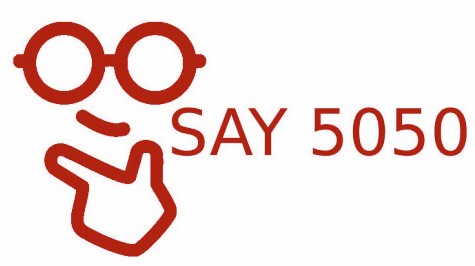By Ritu,
European stock markets are expected to edge lower Thursday, with investors still contemplating the possibility of several months of declining economic activity despite an increasingly robust policy response that reached a new high late on Wednesday as the European Central Bank unveiled its biggest anti-crisis program yet.
The European Central Bank launched a 750 billion euro ($820 billion) emergency bond purchase scheme after an unscheduled meeting Wednesday. It will buy government and company debt across the eurozone, including that of troubled Greece and Italy.
This announcement came after the bank’s 25-member governing council held emergency talks by phone late into Wednesday evening.
The move follows an unprecedented and large step up in global co-ordination by central banks, governments and regulators since the start of this week to cushion the economic impact of the coronavirus.
The U.S. Federal Reserve on Sunday slashed key rates by 100 basis points, boosted asset purchases and has flushed the system with liquidity. While the U.S. Senate on Wednesday passed legislation providing more than $100 billion to confront the growing coronavirus outbreak.
Earlier Thursday, the Reserve Bank of Australia dropped its key rate to 0.25%, a record low, and the second cut this month. It also announced its first-ever quantitative easing program.
Yet, it’s debatable how long these gains will last as the coronavirus outbreak has inflicted huge damage on the world economy, Bank of Japan Deputy Governor Masayoshi Amamiya said on Thursday, and the impact is likely to last for some time.
Airlines will be in focus Thursday, after Deutsche Lufthansa added its voice to the chorus saying the industry may not survive without state aid if the coronavirus pandemic lasts for a long time.
Economic indicators are thin on the ground in Europe Thursday, while oil markets have seen some small gains after three days of relentless selling.

